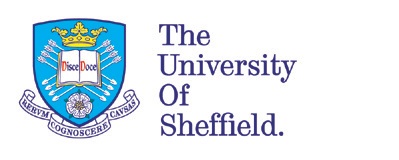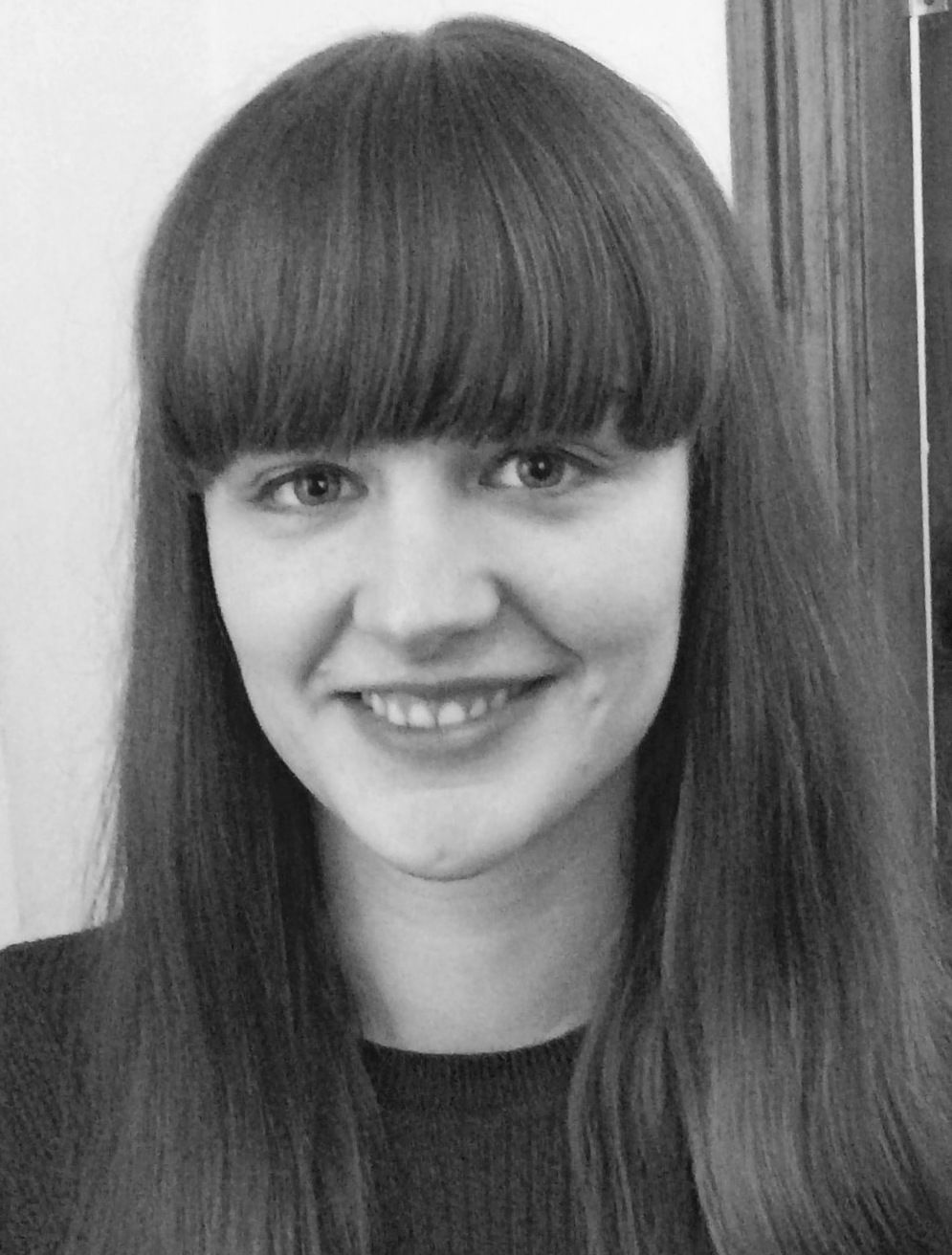University of Sheffield

The University of Sheffield is a leading global university and one of the largest in the UK with over 25,000 students from over 120 countries. Its research in the arts and humanities, engineering, medicine, science and social sciences changes lives for the better and advances our understanding of what it means to be human. The University of Sheffield has a global reputation for teaching and research, ranked 13th in the UK and 38th in Europe in the 2012-13 Times Higher Education World University Rankings, and 66th in the world in the 2012 QS World University Rankings; it was the Times Higher Education University of the Year in 2011. Sheffield is home to 24,000 of the brightest students in the world. Twenty-four per cent of them come from outside the UK. Our graduates and former staff include five Nobel Prize winners, an Olympic gold medallist and Britain’s first female astronaut. The University of Sheffield has a long-standing tradition of collaborative research with groups in the UK and overseas and has much experience in managing large European research projects. The Faculty of Social Sciences is a large and diverse grouping of thirteen departments, including ‘classical’ social science departments, but also several other major subject areas, some of which are distinctive to Sheffield. For the EURYKA project, research work is conducted by the Department of Politics. The Department of Politics is one of the UK‘s most successful centers for teaching and research in the UK. This was confirmed in the 2014 UK Research Assessment Exercise (RAE), when the Department was ranked in the top three Politics Departments for research excellence. Teaching is closely aligned with research interests and staff and postgraduates work closely together to share ideas. The Department has a lively culture of intellectual exchange, particularly, in the context of the Department‘s four research groups and workshops: Governance and Participation, Political Economy, International Politics, Political Theory and Global Justice.

Maria Grasso is the principal investigator for the UK (University of Sheffield) team. She is Professor of Politics and Quantitative Methods at the Department of Politics, University of Sheffield. She holds a BA (Hons) in Philosophy, Politics and Economics, an MSc in Sociology with Distinction, and doctorate (2011, Nuffield College) from the University of Oxford. Between 2009-2011 she worked as a Research Fellow on the European Science Foundation-funded collaborative European survey project Caught in the Act of Protest: Contextualizing Contestation (see: www.protestsurvey.eu). Dr Grasso has published her work in the British Journal of Political Science, European Journal of Political Research, Electoral Studies, Work, Employment, and Society, Mobilization, Research in Social Movements, Conflict and Change and and other journals. She is the author of Generations, Political Participation and Social Change in Western Europe (Routledge 2016) and co-editor (with Marco Giugni) of Austerity and Protest: Popular Contention in Times of Economic Crisis (Routledge 2015). Her main research interests are in political behaviour, socio-political attitudes and social change and her academic work deals primarily with quantitative research and statistical analysis of cross-national surveys. Dr Grasso is currently PI/WP leader for the cross-national panel survey on the Horizon2020 project EURYKA (2017-2020) examining youth participation and inequalities and PI/WP leader for the cross-national survey on the Horizon2020 project TransSOL (2015-2018) which looks at the conditions, forms, role-models and policy responses of trans-national solidarity (see: http://transsol.eu/). Previously, she was PI/WP leader for the cross-national survey on the FP7 project LIVEWHAT (2013-2016) examining citizens‘ reactions to economic crises and their social and political consequences (see: http://www.livewhat.unige.ch). For up-to-date information, please visit Maria's staff page .

Katherine Smith is a Doctoral Researcher at the University of Sheffield. She holds a BA (Hons) in Philosophy, Politics and Economics and an MA in Research Methods (Politics and International Relations), from the University of Durham. Katherine is a JNC qualified youth worker: before beginning her doctoral research, she worked for 3 years in the public sector, predominantly across local authority and housing association youth services, delivering and managing youth programmes. In 2017 she was awarded a studentship for her doctoral studies from the European Union Horizon 2020 funded EURYKA project (‘Reinventing Democracy in Europe: Youth Doing Politics in Times of Increasing Inequalities‘ PI: Dr Maria Grasso / website / Twitter) . Her interests lie in political participation, young people’s politics, inequality, and comparative politics. Her PhD research addresses the role of inequality on young people’s (dis)engagement with politics, both in terms of declining participation in formal politics and changing patterns of informal political participation and activism.

